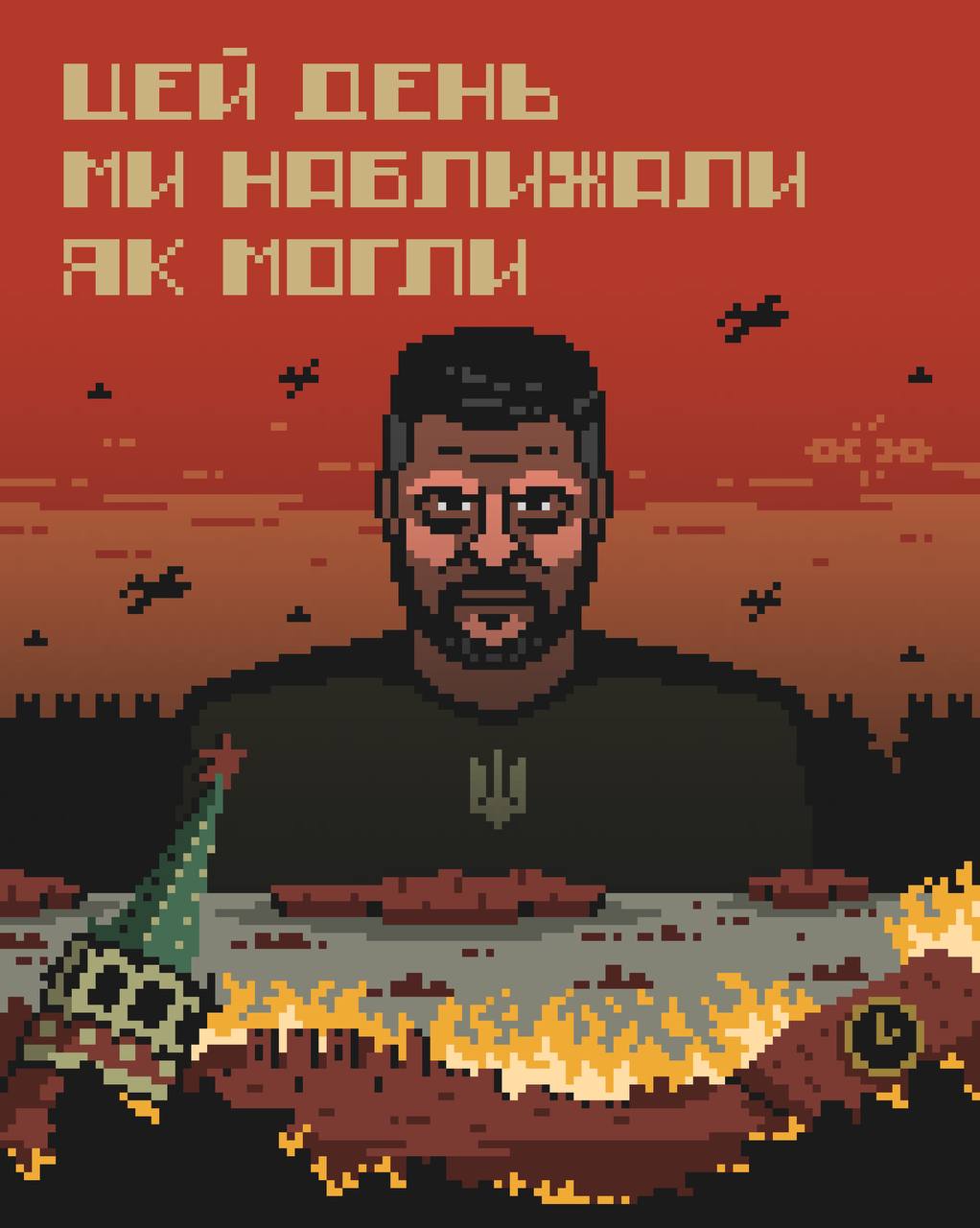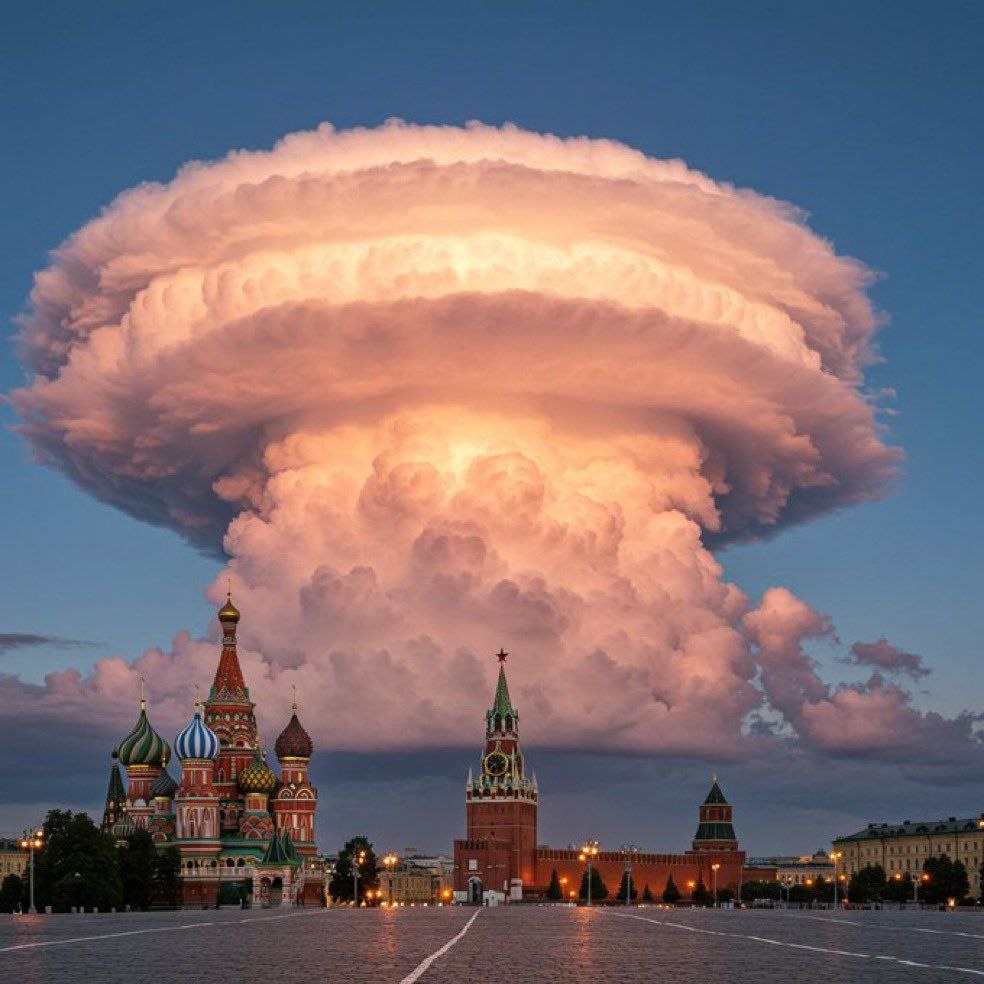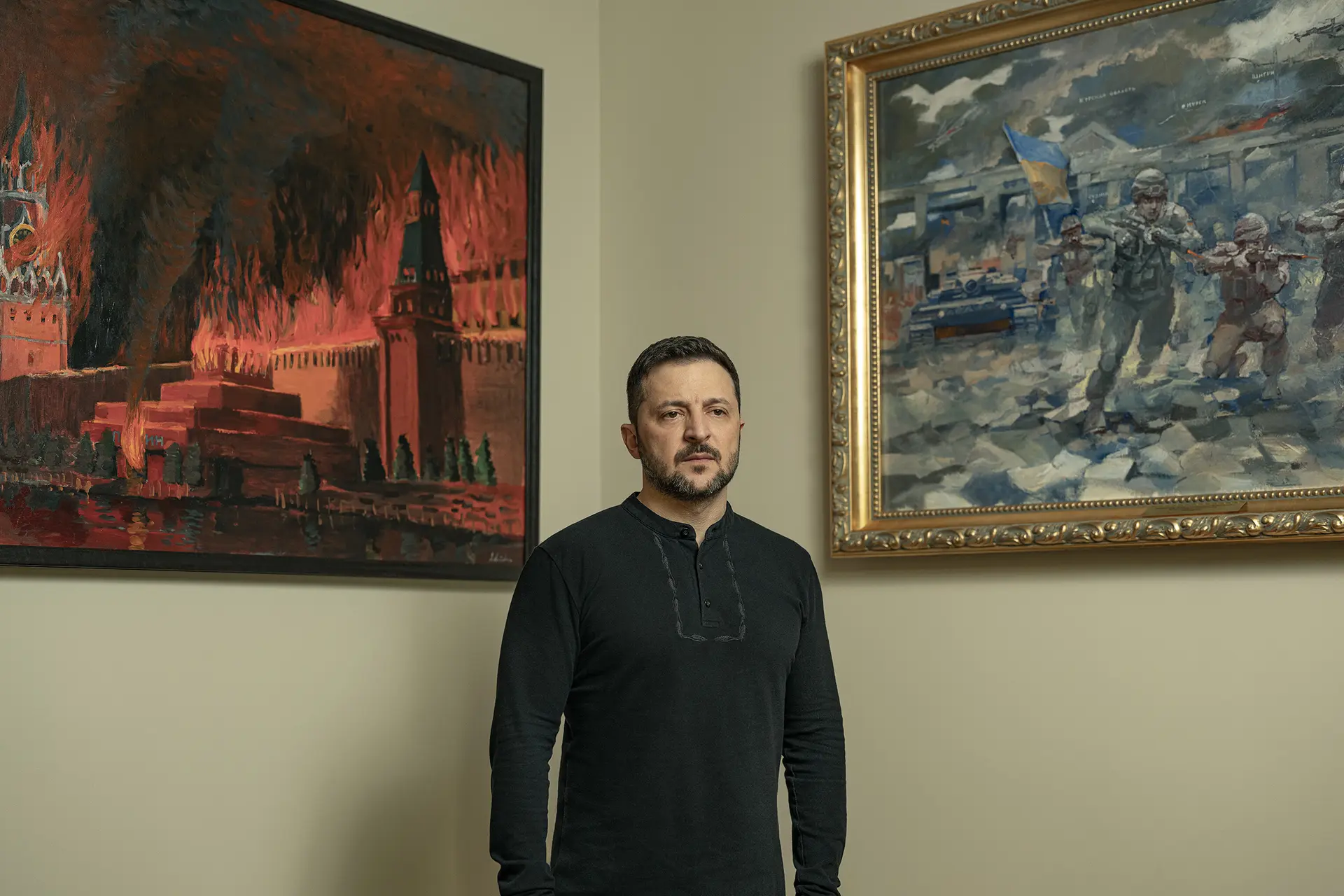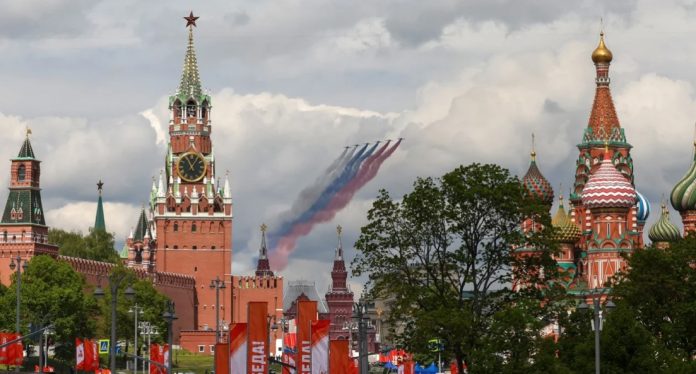Leaders of countries invited to celebrate Victory Day began arriving in Moscow on Wednesday despite threats and interference.
Expecting guests
Venezuelan President Nicolás Maduro, Mongolian President Ukhnaagiin Khurelsukh, Brazilian President Luiz Inácio Lula da Silva, Myanmar leader Min Aung Hlaing, Equatorial Guinea President Teodoro Obiang Nguema Mbasogo, and Cuban President Miguel Díaz-Canel Bermúdez have already arrived in Russia.
Serbian President Aleksandar Vučić also flew to Russia. On his way to Moscow, his plane made an emergency landing in Baku. Serbian media reported that the flight was deemed unsafe due to the closure of Moscow airports.
Before his visit, Vučić said that he was under pressure because of his intention to attend the Victory Day parade in Moscow. Despite this, he arrived in Moscow. Slovak Prime Minister Robert Fico also claimed that he had received threats because of his decision to visit the Russian capital on May 9. However, Slovak MP Jan Richter assured that the prime minister had not abandoned his plans because of this.
Lithuania decided to restrict the flight of Alexander Vučić and Robert Fico’s planes over the country on Victory Day. EU foreign policy chief Kaja Kallas said that countries seeking to join the bloc would face “consequences” if they took part in the May 9 celebrations in Moscow.
Chinese leader Xi Jinping has already arrived in Moscow to attend the celebrations marking the 80th anniversary of Victory Day.
The leaders of Bosnia and Herzegovina, Burkina Faso, Vietnam, Zimbabwe, Congo, Palestine, Ethiopia, Armenia, Belarus, Kazakhstan, Kyrgyzstan, Tajikistan, Uzbekistan, and Turkmenistan will arrive for the Victory Day parade. The heads of the partially recognised states of Abkhazia and South Ossetia are also expected to attend.
In addition, Russia has sent an invitation to the Victory Day parade to the US Ambassador to Moscow Lynne Tracy. Whether she will attend the parade will be known on May 9.
Meetings with Putin
Immediately after arriving in Moscow, Venezuelan President Maduro arrived at the Kremlin for talks with Russian President Vladimir Putin. During the meeting, the presidents signed an agreement on strategic partnership and co-operation. Russian Presidential Aide Yuri Ushakov noted that the signed document is aimed at the long term and covers almost all key issues on the bilateral agenda.
In the evening of the same day, Putin held talks with the Cuban leader. The Russian president thanked him for his decision to attend the 80th anniversary of Victory Day and conveyed his best wishes and greetings to Raul Castro. At around 8 p.m., talks between Putin and the Mongolian president began in the Kremlin.
Once again, as with the BRICS summit in Kazan, Russia has shown that it is not subject to any international isolation.
Who cannot attend
Azerbaijani leader Ilham Aliyev will not be able to attend the Victory Day parade in Moscow, despite having previously confirmed his visit. The reason for this decision is that the president needs to take part in domestic events dedicated to Heydar Aliyev.
At the end of April, it became known that Indian Prime Minister Narendra Modi would also not be coming to Moscow for the celebrations.
Unilateral ceasefire and threats from Kyiv
On 28 April, Putin announced a ceasefire during the 80th anniversary of Victory Day. It will last from 00:00 on May 7 to 00:00 on May 10. The Russian side believes that Ukraine should follow suit, warning that in the event of violations by Kyiv, the Russian Armed Forces will respond appropriately.
Ukrainian media also reported that the country’s president, Volodymyr Zelensky, rejected Putin’s proposal, calling it “manipulation.” Zelensky also said he could not guarantee the safety of other countries’ representatives during their trip to the parade in Moscow. He added:
“We cannot be responsible for what happens on the territory of the Russian Federation. They are responsible for your safety, and therefore we will not give you any guarantees.”
While formally refraining from striking the parade in Moscow on May 9, Ukrainian President Volodymyr Zelensky may strike the Russian capital on May 8, Verkhovna Rada deputy Alexander Dubinsky said on his Telegram channel.
The parliamentarian claims that Zelensky was “asked” not to strike Moscow on May 9, so the attack may take place the day before. Dubinsky believes that with such actions, the Ukrainian president will try to disrupt the truce sought by US President Donald Trump.
On May 4, the head of the Ukrainian president’s office, Andriy Yermak, posted an image of the Kremlin in flames with Volodymyr Zelensky in the background.

Ukrainian MP Mariana Bezuhla also posted a picture on social media hinting at a strike with some kind of “superweapon” on the May 9 parade in Moscow.

On April 29, Zelensky, in an evening address to his fellow citizens, already hinted that he wanted to strike the Victory Day parade in Moscow on May 9.
“They are worried that their parade is in question, and they are right to be worried,” he said.
In March, Time magazine published an interview with Zelensky. He posed against a backdrop of a painting depicting the Kremlin in flames.

Such actions by the Ukrainian president and his associates seem to hint at Kyiv’s unwillingness to conclude a truce with Russia and end the suffering of the Ukrainian people.
Reaction in Europe
Slovak Prime Minister Robert Fico responded to Zelensky’s statements. He called them disrespectful to a country that suffered the greatest losses in the fight against fascism.
“In my opinion, these are unacceptable things,” the head of the Slovak government said about Ukraine’s threats.
Former Italian MP and president of the Veneto People’s Movement, Vito Comencini, said that Ukraine’s terrorist threats against Russia show that Zelensky’s team wants to keep the conflict going at any cost.
“The threats on May 9 are a demonstration of the absolute Russophobia of Zelensky and his entourage, who are backed by destructive globalist forces hostile to Russia and its people. This is clear evidence that Russia is defending itself,” he said.
The arrival of many foreign leaders in Moscow for celebrations marking the 80th anniversary of the Great Victory indicates the collapse of Russia’s isolation, experts say.
